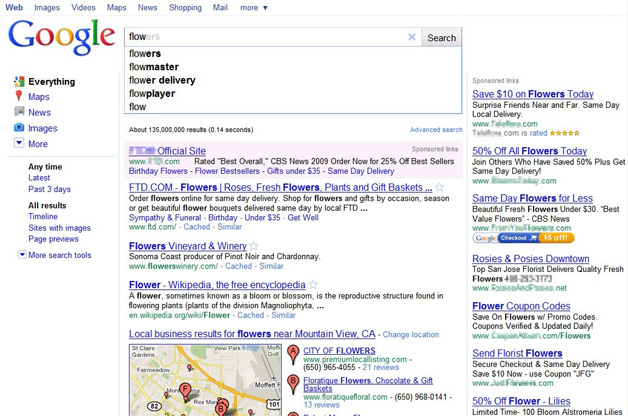Google finds itself embroiled in another legal case stemming from their autocomplete feature in search. This time, it’s former German First Lady Bettina Wulff, who claims that Google has defamed her and “destroyed her reputation” with its instant search.
Wullf, the wife of former German President Christian Wulff has battled persistent rumors that she worked as an escort before the two met. The 38-year-old has denied the rumors, but of course that usually has no bearing on whether or not they continue to exist online.
In this case, a Google search for her name does yield two autocomplete results consistent with the rumors. “Bettina Wulff escort” and “Bettina Wulff prostituierte” show up in multiple languages.
Here’s what Google suggests when you perform a search for “Bettina Wulff” on Google’s German site:

And the same autocomplete results appear when searching on Google’s English site:

This definitely is not the first time that Google has found itself under fire for its autocomplete results. In June, Google settled out of court with French anti-discrimination groups over the charge that Google autocomplete was labeling certain celebrities as “Jewish.” Even if you or I don’t feel like being labeled “Jewish” is discriminatory, some groups do and they accused the search giant of “creating probably to greatest Jewish history file ever.”
Back in December of 2011, Google was forced to pay a $65,000 fine because one of its autocomplete suggestions labeled a French insurance company as “esroc,” meaning “crook.”
Back in April of 2011, Google lost a case in Italy and was forced to manually intervene and eliminate autocomplete suggestions that labeled one man a “truffatore” and a “truffa” (con man and fraud).
Of course, Google is not suggesting that Wulff is a prostitute, or the French President is Jewish. Google searchers are. Google’s autocomplete is based on algorithms that factor in popularity of certain searches:
“As you type, Google’s algorithm predicts and displays search queries based on other users’ search activities and the contents of web pages indexed by Google. If you’re signed in to your Google Account and have Web History enabled, you might also see search queries from relevant searches that you’ve done in the past.
Predicted queries are algorithmically determined based on a number of purely algorithmic factors (including popularity of search terms) without human intervention. The autocomplete data is updated frequently to offer fresh and rising search queries,” they say on their support page.
Google will, from time to time, intervene and alter autocomplete results. The main instances of this are with cases involving “pornography, violence, hate speech, and copyright infringement.” Today, we learned that Google is now censoring suggestions of The Pirate Bay (torrent site) in autocomplete for instance.
Google’s autocomplete results are simply expressions or current searches around the world (plus a little bit of your own personal search history). They don’t just make this stuff up. Although recent decisions would suggest that authorities in some countries feel the company has a duty to manually intervene in cases where reputation is on the line.
[sueddeutsche.de via TechCrunch]
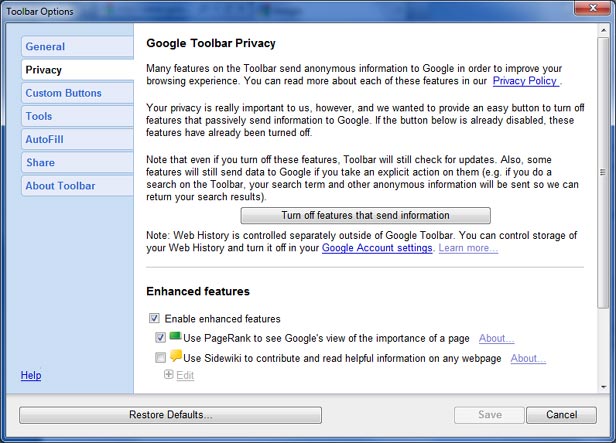
 So the risk Google took when tweaking its famous search engine has worked out for just about everyone.
So the risk Google took when tweaking its famous search engine has worked out for just about everyone.
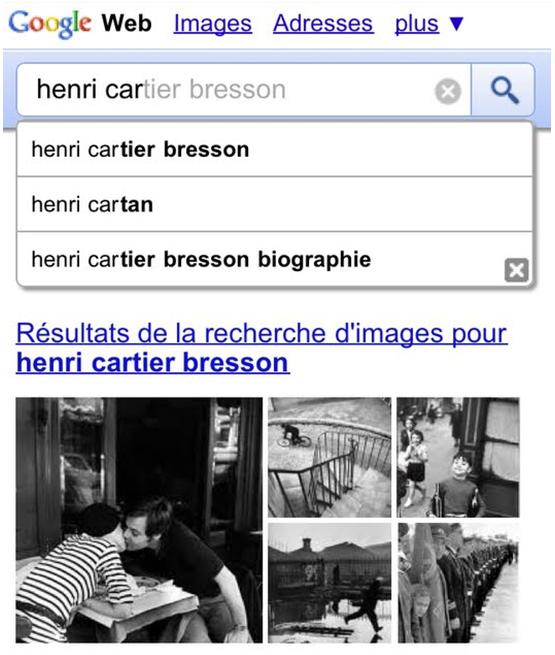
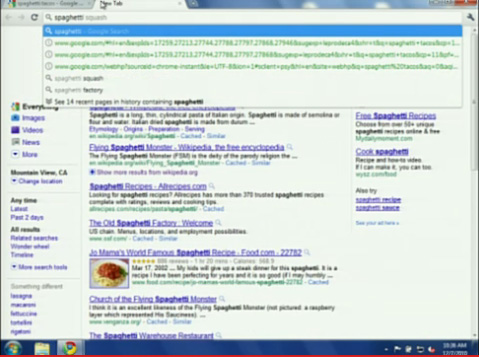
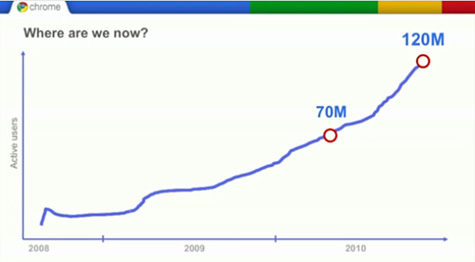
 Of course, in practice, Google Instant can save people a few keystrokes, and it’s possible for Google users to just turn the feature off, as well.
Of course, in practice, Google Instant can save people a few keystrokes, and it’s possible for Google users to just turn the feature off, as well.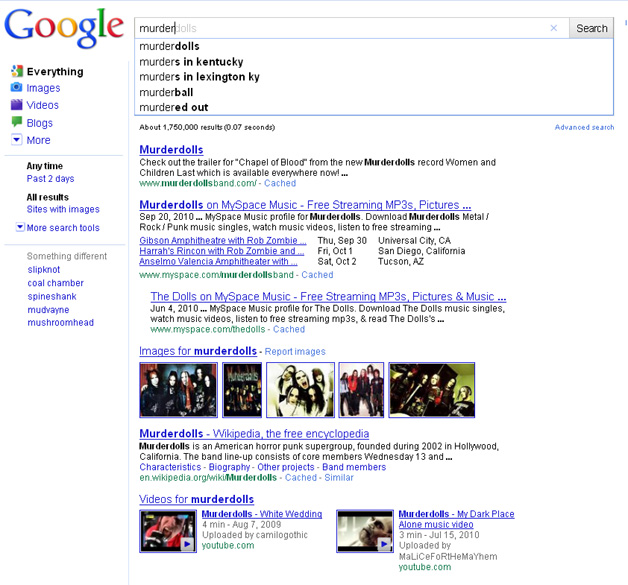
 As for what sort of instant search product it’s developing, Metz wrote, "Yahoo! is working on a system that will better predict what netizens are searching for – without continuously updating search results . . . . If Yahoo! determines that you’re looking for Martin Luther King’s birthday . . . it should simply show you his birthday – not an entire search result page filled mostly with information you’re not interested in."
As for what sort of instant search product it’s developing, Metz wrote, "Yahoo! is working on a system that will better predict what netizens are searching for – without continuously updating search results . . . . If Yahoo! determines that you’re looking for Martin Luther King’s birthday . . . it should simply show you his birthday – not an entire search result page filled mostly with information you’re not interested in."

